Is this Unusual Irish Name in your family tree?
One of our readers was puzzled by an unusual Irish name in her family tree, especially among traditional names in her family. We discover the name's unique origins tied to ancient Irish traditions. The evolution of this name over time, especially through anglicisation in Wexford, reveals a rich tapestry of cultural and linguistic blending.
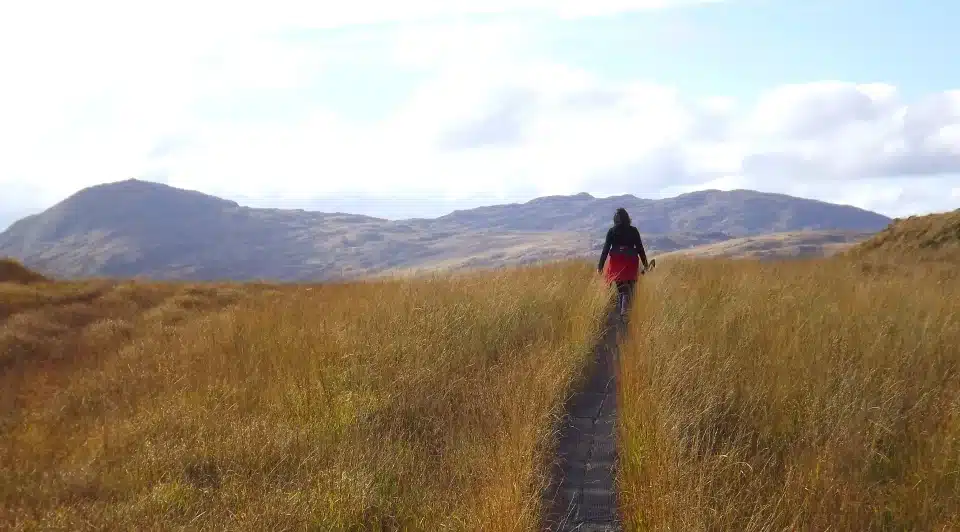
Today we’re going to look an unusual Irish name. It’s actually one we’re all familiar with – but one that pops up in an unusual place in Ireland. A short time ago, I received the following from Kathleen Kavanagh:
“Hi Mike, my great-great grandfather was called Moses Kavanagh and originally came from county Wexford. I’ve always been puzzled by his name as it does not appear to be an especially Irish name. The family were Roman Catholic and he was the only one that held an unusual name like this one – the rest of the family were Patricks, Bridgets, Marys, Michaels and so on. Not one other Moses to be seen! Maybe you could help me figure out how such a fine biblical name popped up in my Kavanagh family all those years ago?
Thank you, Kathleen.”
I can indeed help Kathleen, the name Moses has one particular origin in Ireland that is not biblical at all.
IS THIS UNUSUAL IRISH NAME IN YOUR FAMILY TREE?
Kathleen’s question brought back some old family memories. The memory of our children arriving home shortly after birth and being placed in the family “Moses basket” while they were still small enough to fit. I guess every family has one of these baskets somewhere? According to the bible, the name “Moses” comes from the Hebrew “to pull out”. An infant Moses was given this name by the Egyptian Pharaoh’s daughter as she pulled him from the Nile – basket and all!
Through the years, this biblical name became popular in the Jewish tradition and many of the new protestant religions that formed from the 1500s. If you look at the census for Ireland in 1901 (see here) and search for men with the name Moses, you will find that the majority of the holders of the name were in counties to the north of the island – Antrim, Down, Armagh etc. and were mostly Jewish, Presbyterian, Methodist as opposed to Roman Catholic.
However, you might also notice the presence of a substantial number of men with the name “Moses” in County Wexford – the majority of whom are Roman Catholic. So, what is going on here?
Back to Kathleen’s Question.
MOSES CAME FROM THE WATER – THIS IRISH NAME CAME FROM THE FIRE.
“Aodh” is one of the oldest boy’s names that you will find. It is simply pronounced as a capital letter “A” and means “fire” in the old Irish language. It was a popular name – from well before christianity came to our shores. As a result, it is found in many variations of Irish forenames in surnames.
Most Aodhs in Ireland today are simply called by their English language equivalent, “Hugh”. Hugh itself is not of Irish origin, but has been appropriated as a phonetic translation of Aodh.
You may be even more familiar with the diminutive version of Aodh – “Aodhán” (meaning “little Aodh”). This was anglicised as the boy’s name “Aidan” and became very popular across Ireland – and Europe – in veneration of St. Aidan.
So, what has all this got to do with the name Moses as found in Wexford?
Well, another boy’s name that came from “Aodh” was one based on the sentence “Mo Aodh óg” – meaning “my dear little Aodh”. “Mo Aodh Óg” was shortened to “Maodhóg” – pronounced “Mogue” – and became popular in veneration of Saint Maodhóg/Mogue who was the first Bishop of Ferns in what is now County Wexford.
As Irish names (both forenames and surnames) were anglicised, the Irish name Maodhóg/Mogue was anglicised to the similar-sounding “Moses” – especially in County Wexford. To this day, the name is really only prominent in southern Ireland in County Wexford and to a lesser degree in surrounding counties.
So, back to Kathleen – it appears that there were some members of your family that held the old Irish name “Maodhóg” but over time the name anglicised to Moses and the original Irish meaning for the name was lost. Despite your questions as to the origin of your ancestor’s name – it appears that he carried one of the finest of old Irish names, but it was just covered with a thin biblical veneer!
Thank you to Kathleen for sharing that question.
How about the rest of our readers, do you have an unusual Irish name in your family tree? Is there a family story behind it? Do leave a comment below and let me know.
That’s it for this week.
Slán for now,
Mike.

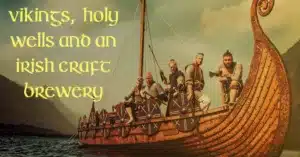
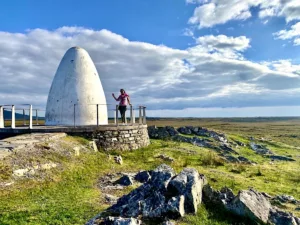

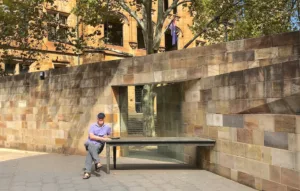
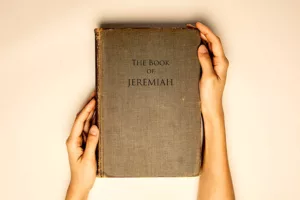

Only Plus Members can comment - Join Now
If you already have an account sign in here.